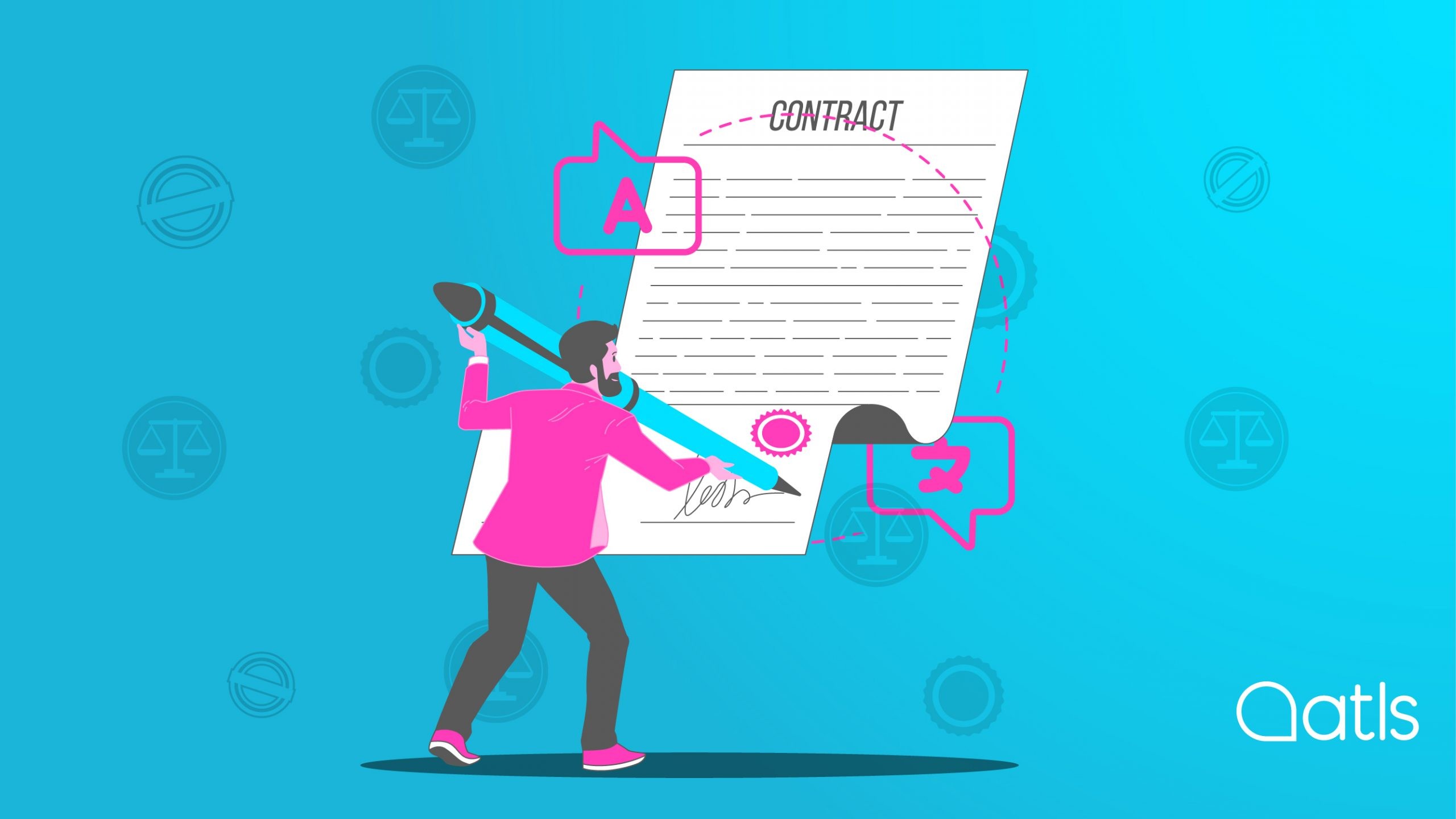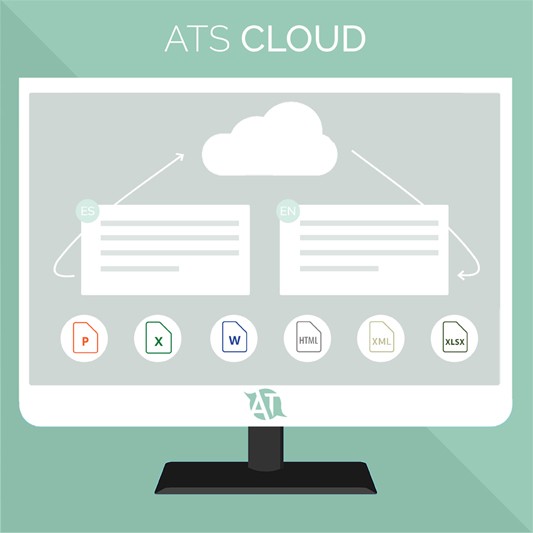What is sworn translation?

Did you know that a sworn translation is the same as an official translation? In case you have any doubts about how it works, we would point out that official translation and sworn translation are the same thing. But what exactly is this type of translation? If you are not familiar with the world of translation, it may be a difficult term to understand, and, to make matters worse, there is also legal translation.
Sworn or official translation is a type of translation in which a professional accredited by the Ministry of Foreign Affairs certifies that a text is a faithful, accurate translation of the original. This translation must be signed and stamped to be valid. It differs from other translations in that it is officially recognised by the body to which it is submitted, as if the translator were a notary. The role of sworn or official translators has become increasingly important because of the increasing internationalisation of companies.
What does a sworn translation consist of?
As the name indicates, sworn translation is the process of translating official documents from one language to another. It is mainly used to translate legal documents such as certificates, minutes or contracts.
Official translators are certified by the Government. It is essential for them to have in-depth knowledge of both languages and legal terminology.
Sworn translation is essential for legal documents to be valid when they are submitted to official bodies in other countries. A translation by a non-certified translator would not be legally valid in another country. It is not simply a matter of translating words, but also respecting the culture of the other country and understanding its laws.
This type of translation is thus a complex, detailed and precise process that requires considerable time and effort to ensure that legal documents are valid in all the countries involved. The translator must have in-depth knowledge of the two languages and international law and be familiar with the legal issue referred to in the document they are translating. When the translation has been completed, an exhaustive review is carried out to ensure that the information included is correct.
What type of business document requires a sworn or official translation?
The types of business document that need official translation vary depending on the country or region for which they are intended. However, there are documents that usually require sworn translation in all countries:
- Commercial contracts
- Public tenders
- Notarial deeds and powers of attorney
- Companies' deeds of incorporation and articles of association
- Financial and accounting reports, such as balance sheets and the statement of profit or loss
- Legal documents such as patents or trademarks
- Legal letters and court documents
- Commercial permits and licences
- Audit and quality certifications
Sometimes, even though the law does not require an official translation, it is advisable to obtain one to ensure the accuracy and clarity of business communications in the international market.

What do I need to be a sworn translator?
The process of becoming a sworn translator is not easy, as translators must take an examination organised by the Language Interpretation Office (OIL), a body linked to the Ministry of Foreign Affairs and Cooperation.
Before being able to sit this examination, candidates must meet a number of requirements specified in the Official State Gazette:
- Be of legal age in Spain.
- Have Spanish nationality or that of a Member State of the European Union or of the European Economic Area.
- Hold a Spanish university degree or be qualified as a technical engineer, technical architect or similar.
- Candidates who have a degree obtained abroad, also need to have a certificate of approval or equivalence issued by the Ministry of Education, Culture and Sport.
The examination, which is held from time to time, consists of 3 tests: a screening test, three written translation exercises and a final oral exam. To pass, candidates must master language, grammar and terminology, know about translation and have legal knowledge; all to the standard required.
Are sworn translations and legal translations the same?
When companies need to translate a legal document, they often opt for a sworn translation to ensure the highest possible quality. However, in practice it's not always necessary to get a sworn translation - a legal translation is a more common requirement. At first sight, these two types of translation may appear to be the same, but there are a number of differences between a sworn and a legal translation. So far, we have explained what sworn translation or official translation is, but what exactly is legal translation?
Legal translation is a type of specialised translation used for legal documents, such as contracts, agreements or documents related to intellectual property (provided that they are not legally valid, in which case they would need to be signed by a sworn translator). To do this kind of translation, translators must be specialists in the sector and have in-depth knowledge of legal terminology and the relevant legislation in each country, but they would not be able to certify translations legally. Legal translators must, therefore, have extensive knowledge and experience of legal issues, but their translations are not stamped and officially certified by the Ministry of Foreign Affairs and Cooperation.
Business documents that require legal translation
There are certain documents that should always be translated by specialists in legal translation. For example:
- Contracts: distribution agreements, purchase contracts, confidentiality agreements and licence agreements, among others, as they often contain specific legal terms and clauses that require an accurate, legally correct translation.
- Legal documents: deeds of incorporation, articles of association, minutes of meetings, powers of attorney, and other legal documents that regulate the company's activities and may need a specialised legal translation.
- Financial reports: financial statements, annual reports, balance sheets and income statements, among others, which may contain specific legal terms and concepts that require this type of translation.
- Patents and registered brands: companies that work with intellectual property, such as patents, registered brands, industrial designs and copyright, need to translate the technical and legal documents associated with these rights.
In business, it is normal for any document with legal or regulatory implications to be translated by a specialist to ensure the accuracy and validity of the terms and conditions in the target language.
How can I request a sworn translation?
It's very easy! Fill in the form on the right hand side of the page. We'll quickly get back to you with a quote. As soon as you accept it, we'll start work, so you get your sworn translation on time. At ATLS, we have extensive experience of official translation for medium-sized and large companies.
If you need a sworn translation, contact us!




